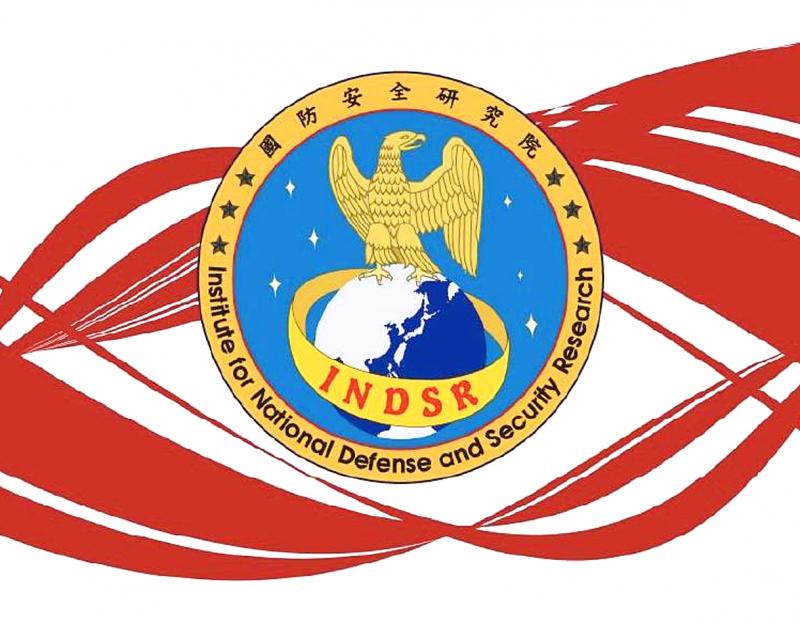Beijing will persist in its disinformation campaign against Taiwan, the Institute for National Defense and Security Research said in its latest report on Chinese political and military developments.
China’s Internet and social media-focused strategy is based on Russia’s cognitive warfare, which seeks to shape the target audience’s perception of reality via rumors, propaganda, agents of influence and other “active measures,” the Ministry of National Defense-
affiliated institute said in its 200-page report, titled 2020 Annual Assessment of the People’s Republic of China’s Political and Military Developments.
Building on cognitive warfare, the Chinese Communist Party (CCP) aggressively manipulates virtual and real spaces to develop a “united front” strategy, the report says.
Chinese academics have added “brain dominance” to the Chinese People’s Liberation Army’s traditional “three warfares” strategy: public opinion warfare, psychological warfare and legal warfare, it says.
“The core of [brain dominance] is to achieve superiority in cognitive speed and quality, with the ultimate aim of influencing or changing the targeted audience’s thoughts and behavior,” it says.
Due to the COVID-19 pandemic, Beijing suffered a setback in its bid to set the narrative about China, but Chinese President Xi Jinping’s (習近平) speech before the Politburo in July — in which he quoted Mao Zedong’s (毛澤東) writings from On Protracted War (論持久戰) — suggests that the CCP would not relent, the report says.
Additionally, China has employed fabricated news to increase the intimidation effect of its military planes’ and warships’ movements around Taiwan over the past year, it says.
The aggressive disinformation campaign against Taiwan could be seen as an escalation following Beijing’s failure to influence the nation’s presidential election in 2016, it says.
“As these cognitive warfare operations were based on falsehoods, they were quickly repudiated and usually had the opposite of the intended effect,” the report says.
The backlash in Taiwan against this disinformation campaign has sparked doubts about its effectiveness and given rise to questions about whether China’s warfare is ultimately directed at itself, it says.
“The author believes that the intended target for China’s 2020 external perception warfare, which superficially is about changing perception abroad about China ... has eventually been transformed into a form of domestic perception warfare to ensure stability,” it says.
China used various media to push its perception warfare, including paid trolls and content farms to reach an audience willing to promote pro-Beijing propaganda, as well as employing hackers to launch cyberattacks, it says.
“China’s perception warfare is marked by efforts to control Chinese and foreign-language media outlets; infiltrate Chinese- and foreign-language social media platforms; produce Chinese stories to spread their influence; manufacture, insert or spread information to divide and to incite hatred; and manufacture incidents or gray zone conflicts to create or aggravate controversy,” the report says.
In particular, China is seeking to acquire partial or full ownership of foreign news media, monopolize advertising air time and paid content, and insert state-affiliated experts in independent news organizations, it said.
The Chinese-speaking press in Taiwan, Singapore, Hong Kong and the US are of special interest to Bejing, it says.
China News Service and CGTN are two state-owned media outlets that are playing an important role in flooding the overseas communities of Chinese-speakers with pro-Beijing propaganda, it says.
Source: Taipei Times - 2021/01/06





















